Zimbabwe
Zimbabwe withdrew from the United Kingdom-led Commonwealth group of nations back in 2003 despite being a former colony of the U.K.
The southern African country’s exit fifteen years ago was preceded by a suspension from the group earlier in 2002 following a chaotic election process.
Local journalists have, however, quoted Foreign Affairs Minister, Sibususo Moyo as telling parliament that Zimbabwe could be heading back into the fold. “There is no reason now why Zimbabwe cannot rejoin the Commonwealth,” Moyo told parliament on Wednesday (March 14, 2018).
Consultations are said to be underway for the country’s return. Zimbabwe will be following the recent steps taken by The Gambia who made a rather quick return to the fold. They left in 2013 and returned early this year.
Catching up on events from Zimbabwe’s Parliament today- Minister of Foreign affairs quoted as saying consultations are taking place re: Zimbabwe re-joining the Commonwealth.
— Samira Sawlani (@samirasawlani) March 14, 2018
Former president Robert Mugabe’s failure to meet opposition leader Morgan Tsvangirai and to ensure respect for human rights in the wake of the 2002 elections forced the Commonwealth to indefinitely suspend the country.
In an official letter to the Commonwealth Secretariat dated 11 December 2003, Zimbabwe formally terminated its membership. The Foreign Affairs Minister at the time had informed parliament of the move.
Mugabe led the country for over three decades until he was ousted in a military-led coup in November 2017. His successor, Emmerson Mnangagwa, has continued to drive home the point that Zimbabwe is now open to the world after seeming isolation during Mugabe’s reign.
At the time that Zimbabwe opted out, the only other African country to have left was South Africa in 1961. Years later, in 2013, The Gambia was also led out of the group by its exiled leader Yahya Jammeh.
Jammeh had described the group as a neo-colonial institution and had planned to quit the International Criminal Court (ICC) also. The then-opposition pledged to continue to keep the country in the international league of nations going into the 2016 elections.
The return of Gambia to the Commonwealth was a political campaign issue. When the Barrow-led government took office, one of its first actions was to arrest the planned exit by Jammeh from the ICC. The process of returning to the Commonwealth started last year and was completed in 2018.
In 2013, exiled President Yahya Jammeh, pulled the country out of the Commonwealth. Jammeh at the time said the body was a ‘neo-colonial institution.’ https://t.co/TISmhdEERG
— africanews (@africanews) February 8, 2018



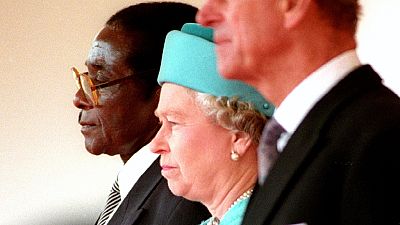

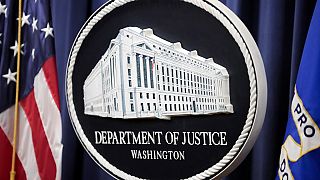
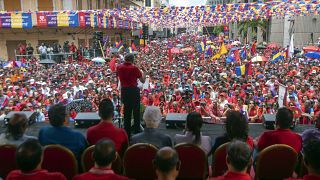
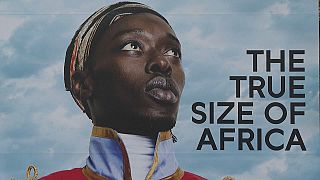
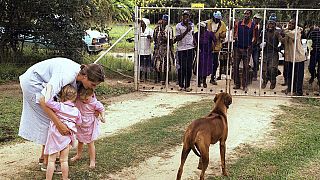
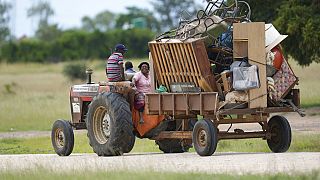
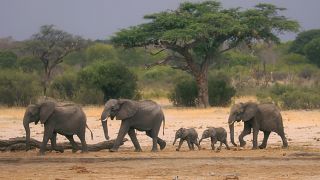
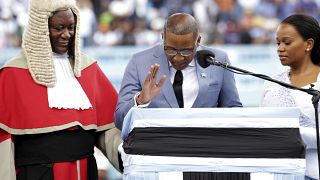
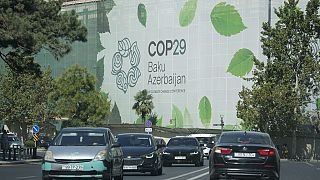
01:37
UN agricultural fund calls for adaptation financing for small-scale farmers
01:04
Putin congratulates Trump, signals openness to dialogue over U.S.-Russia relations
Go to video
President Cyril Ramaphosa meets Prince William, during William's South Africa Visit
01:02
Kenya, China hold bilateral talks in Nairobi, as Kenya requests China's support to join BRICS
Go to video
Slavery: UK does not want 'money transfer' as reparation
01:19
Pressure mounting on Britain to pay reparations for transatlantic slave trade